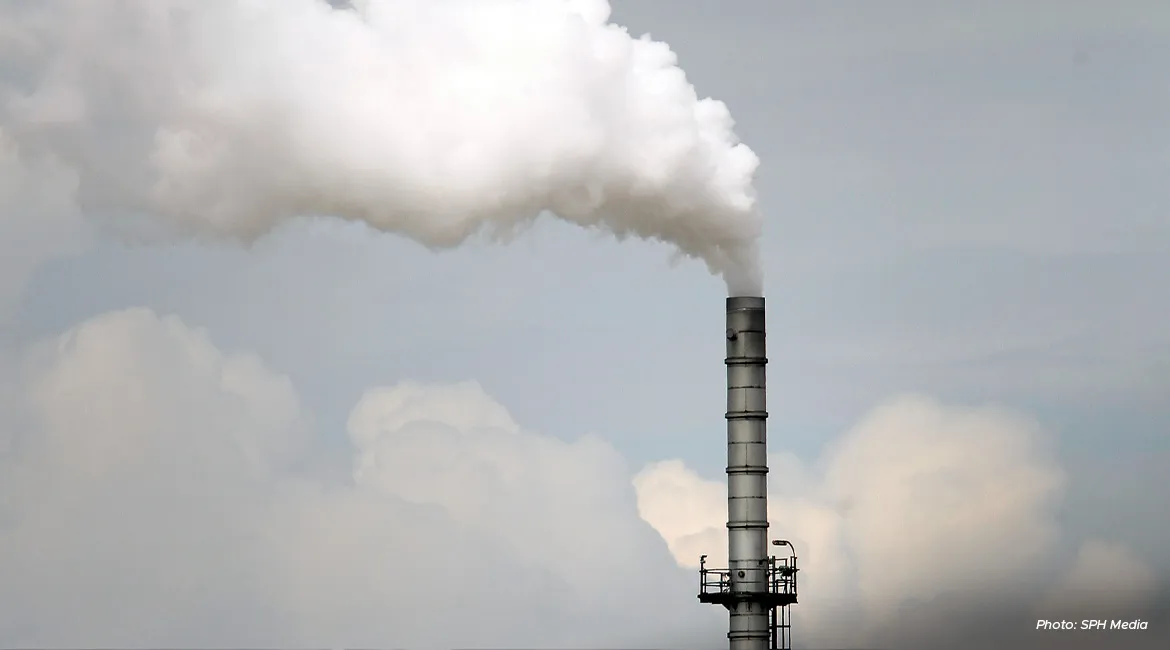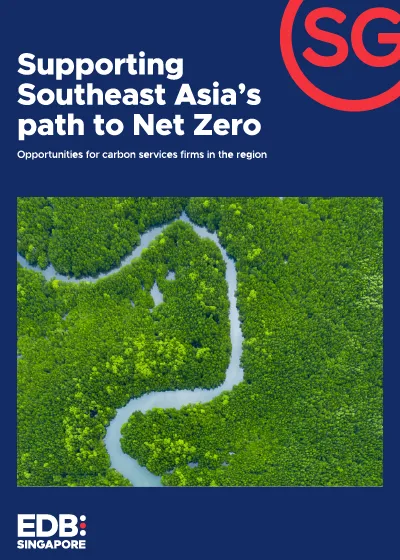The new programme by the National Research Foundation (NRF) consists of nine research projects, each with a duration of between three and five years.
It will involve leading investigators from NUS, NTU, Create partners such as the University of Cambridge and Shanghai Jiao Tong University, as well as top international experts like Germany’s Max Planck Institute and Japan’s Tohoku University.
Prof Tan said that the research work will cover four main domains: from hydrogen utilisation to hydrogen combustion technologies; green chemistry, such as the sustainable conversion of biomass to chemicals and biofuels; synthetic biology, such as by engineering microbes to convert carbon dioxide into chemicals and biofuels; and chemical transformation, which involves developing net zero pathways of producing top molecules for pharmaceutical applications.
NRF said the programme will contribute towards building Singapore’s capacity in hydrogen utilisation, developing new insights on the combustion behaviours of zero-carbon fuel blends, and building ammonia-ready fuel cells for power generation.
This comes as Singapore has launched a National Hydrogen Strategy, which puts the spotlight on the potential use of low-carbon hydrogen to account for around 50 per cent of Singapore’s electricity mix by 2050.
By 2030, there will be at least four hydrogen-ready power plants that can run on a blend of natural gas and hydrogen.
Aside from decarbonising Singapore’s electricity mix – which accounts for around 40 per cent of total emissions – a key prong of the Republic’s endeavour to get to its net zero target is greening Jurong Island, Singapore’s industrial and chemicals hub. Industrial emissions currently account for around 44 per cent of total greenhouse gas emissions.
As part of the Sustainable Jurong Island plan, there are goals to increase the output of sustainable products there by four times from 2019 levels, and achieve more than six million tonnes of carbon dioxide reduction per annum, through the use of low-carbon solutions.
Institutes of higher learning have also been coalescing their research efforts into similar areas.
In April, a new S$60 million corporate lab was launched by NTU, the Agency for Science, Technology and Research and ExxonMobil, to further research into biofuels, carbon capture and storage, and hydrogen.
Source: The Straits Times © SPH Media Limited. Permission required for reproduction.








